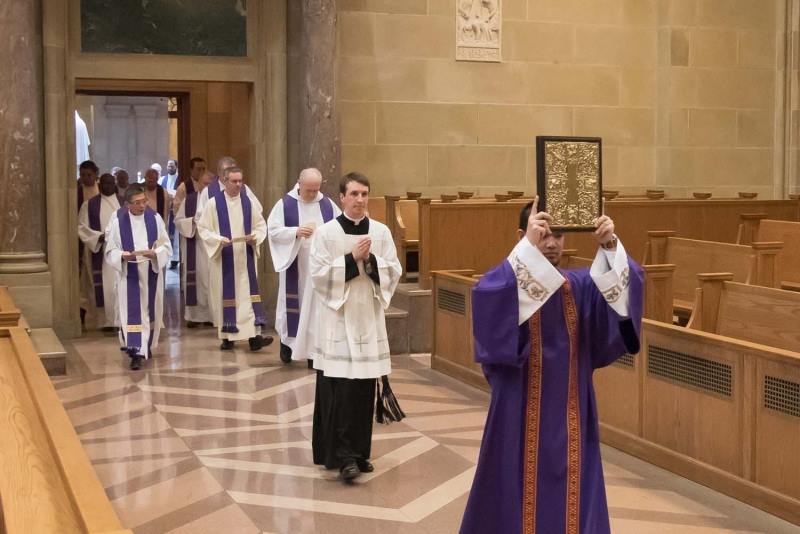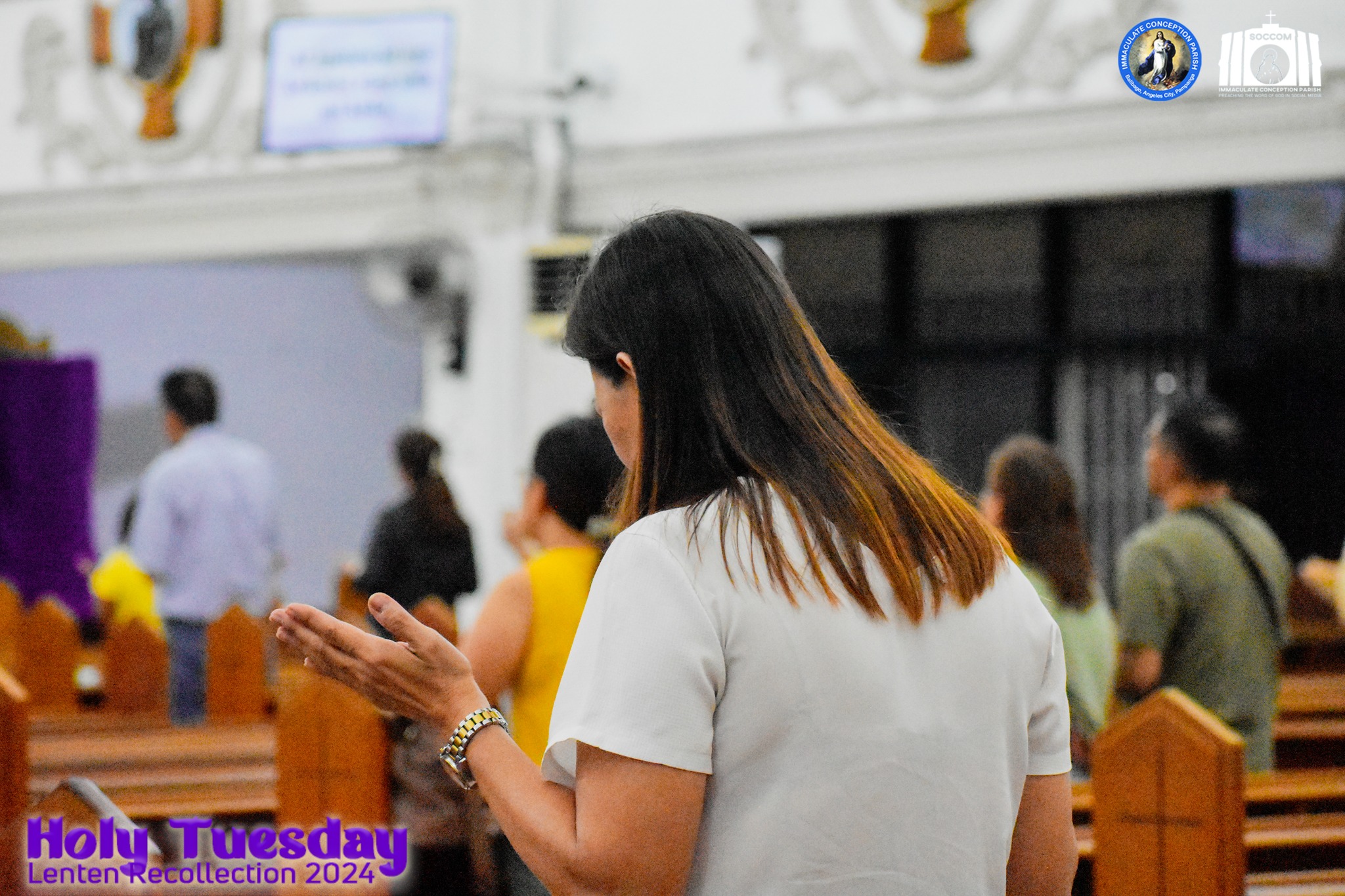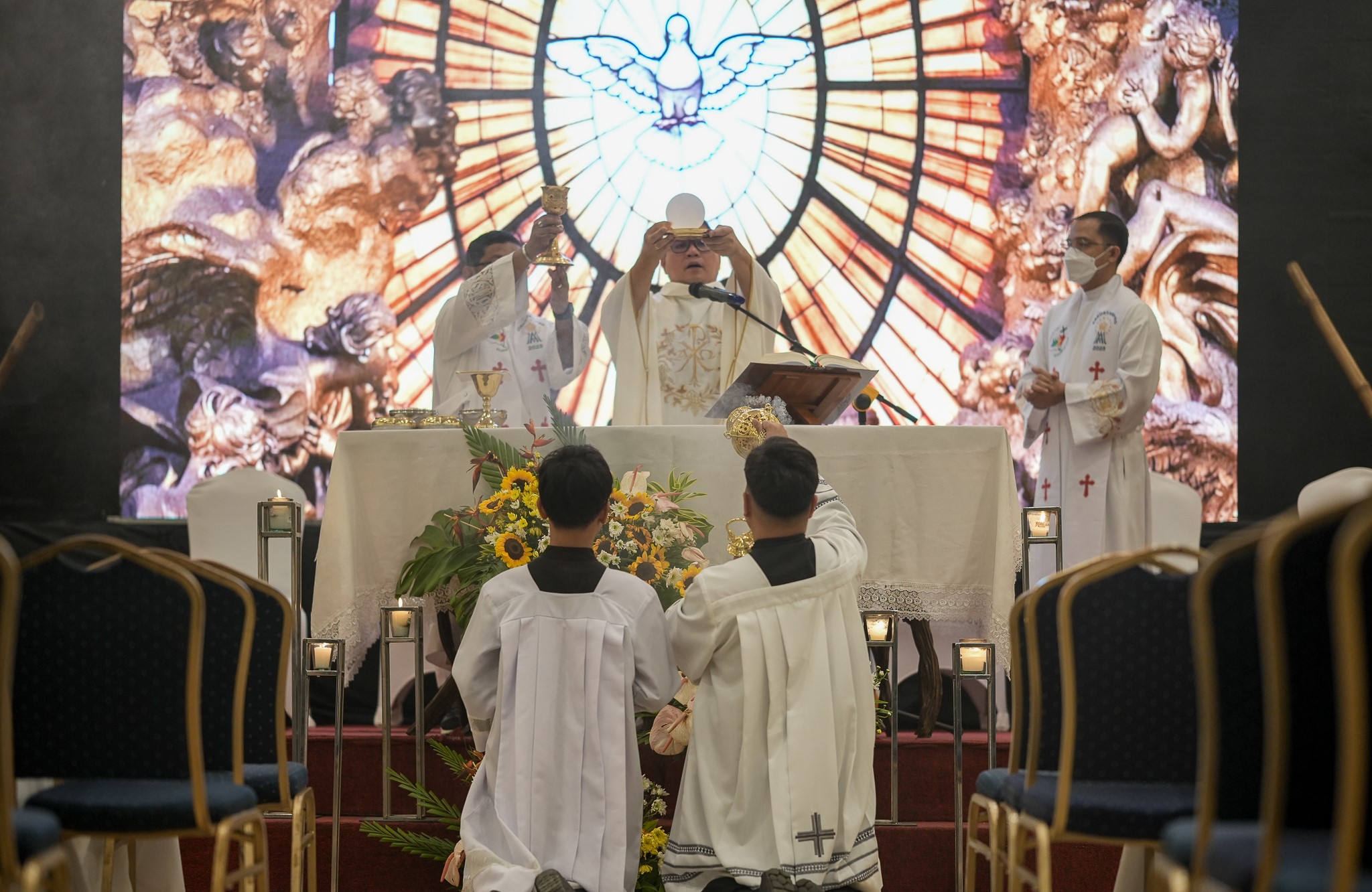FAUSTO GOMEZ OP
The Holy Mass is one single act – the Liturgy of the Word and of the Eucharist.As we know well, at the Eucharist, we receive Christ at two tables, namely, the table of the Word and the table of the Eucharistic Bread and Wine. The Mass is for us the re-experience of Christ’s teachings and of his Last Supper with the disciples.
Master, where do you live? In the Word of the Bible, Jesus, the Word of God, goes on speaking to us, particularly when the Sacred Scriptures are proclaimed in the Church (cf.) Vatican II, SC 7). At the table of the Word, Christ is present, since it is He who speaks (cf. SC 7, 33; Heb 4:12). To underline the unique significance of the Word of God, Pope Francis instituted the yearly Sunday of the Word of Godto be celebrated on the Third Sunday in Ordinary Time.
The Word of the Liturgy of the Word is not merely read but proclaimed and celebrated: “To celebrate the Word – not only to read it and listen to it, but accepting it and celebrating it – is like for the soil to receive the fecundity of the water. It entails to look at oneself continually in the mirror of Christ and his Gospel. It is to adjust the rhythm of our life of following Jesus to the light of his Word” (J. Aldazabal).
The Liturgy of the Word presents to us the history of salvation, God’s play, where we all have a part, where no one is a mere spectator but an active player. Aldazabal writes: “The Word of God educates us progressively, corrects us for our continuous anti-evangelical tendencies, invites us to say ‘amen’ to the will of God, makes us receive ‘communion,’ before the Eucharist, with Christ the Word of God.”
When the devil tempted Jesus in the desert asking Him to convert stones into bread, Jesus answered: “One does not live by bread alone, but from every word that comes from the mouth of God” (Mt 4:4). At Mount Tabor, Jesus was transfigured before Peter, James and John. During this theophany, the Father spoke: “This is my Son, my Chosen one, listen to him” (Lk 9:35). In His Farewell Discourse, Jesus asked the Father to sanctify or consecrate the disciples in the truth, and added: “Your word is truth” (Jn 17:17).
We remember the disciples of Emmaus, who, after recognizing Christ in the breaking of the bread, said to one another: “Were not our hearts burning inside us as he talked to us on the road and explained the Scriptures to us” (Lk 24:32). The journey of the disciples of Emmaus is “a journey forward and backwards through which the two hopeless disciples discover the Risen Lord: first in the breaking of the bread; second, in the Word of Scriptures, and third in the community to which they returned” (J. Aldazabal).
_______________
“All scripture is inspired by God”
__________________
“For as the rain and the snow come down from heaven, and do not return there until they have watered the earth, making it bring forth and sprout, giving seed to the sower and bread to the eater, so shall my word be that goes out from my mouth; it shall not return to me empty, but it shall accomplish that which I propose, and succeed in the thing for which I sent it” (Is 55:10-11).
We all know the often-quoted text of St. Jerome: “Ignorance of Scriptures is ignorance of Christ.” Hence, as Vatican II tells us, “The study of sacred Scriptures, ought to be the soul of theology” (OT 16). The Word of God is not just the Word of God, but also “a direct encounter with the revelation of the Wholly Other; the Word inscribed in the Bible is always living, and it is continually spoken to one who reads” (Jacques Ellul).
The Word of God, the word of the Bible is so immensely rich that when we read it we find something new every time: “Lord, who can grasp all the wealth of just one of your words? What we understand is much less than what we leave behind, like thirty people who drink from a fountain” (St. Ephrem).
The reading of the Word of God bases all kinds of Christian spirituality. In his Apostolic Exhortation Verbum Domini, Pope Benedict XVI advises us:“We must never forget that all authentic and living spirituality is based on the Word of God proclaimed, accepted, celebrated, and meditated upon in the Church… The reading of the Word of God sustains us on our journey of penance and conversion, enables us to deepen our sense of belonging to the Church, and helps us to grow in our familiarity with God.”
We listen attentively and devoutly to the Word of God proclaimed in the Liturgy of the Word. We read the Bible personally and in community constantly. The popular monastic method of Lectio Divina continues helping many people in their spiritual and moral journey of life. Lectio Divina with its four steps, namely, reading, meditating, praying and contemplating – directed to witnessing our hopeful faith in love.
The reverent continuing reading of the Sacred Scriptures renews us to becoming more and more “obedient children of the Father and brothers/sisters in solidarity with all” (J. A. Mayoral). Jesus: “If you remain in my word, you are truly my disciples, and you will know the truth, and the truth will make you free” (Jn 8:31-32). To remain in Jesus’ word: to listen to Him, to meditate on His word, and to obey it, that is, to do God’s will, to witness Jesus’ word: “Everyone who hears these words of mine and acts on them will be like a wise man who built his house on rock” (Mt 7:24).
“All scripture is inspired by God and is useful for teaching, for reproof, for correction, and for training in righteousness” (2 Tim 3:16).“Lord, your word is a lamp to my feet, a light to my path.” (Ps 119:105).


 Follow
Follow


